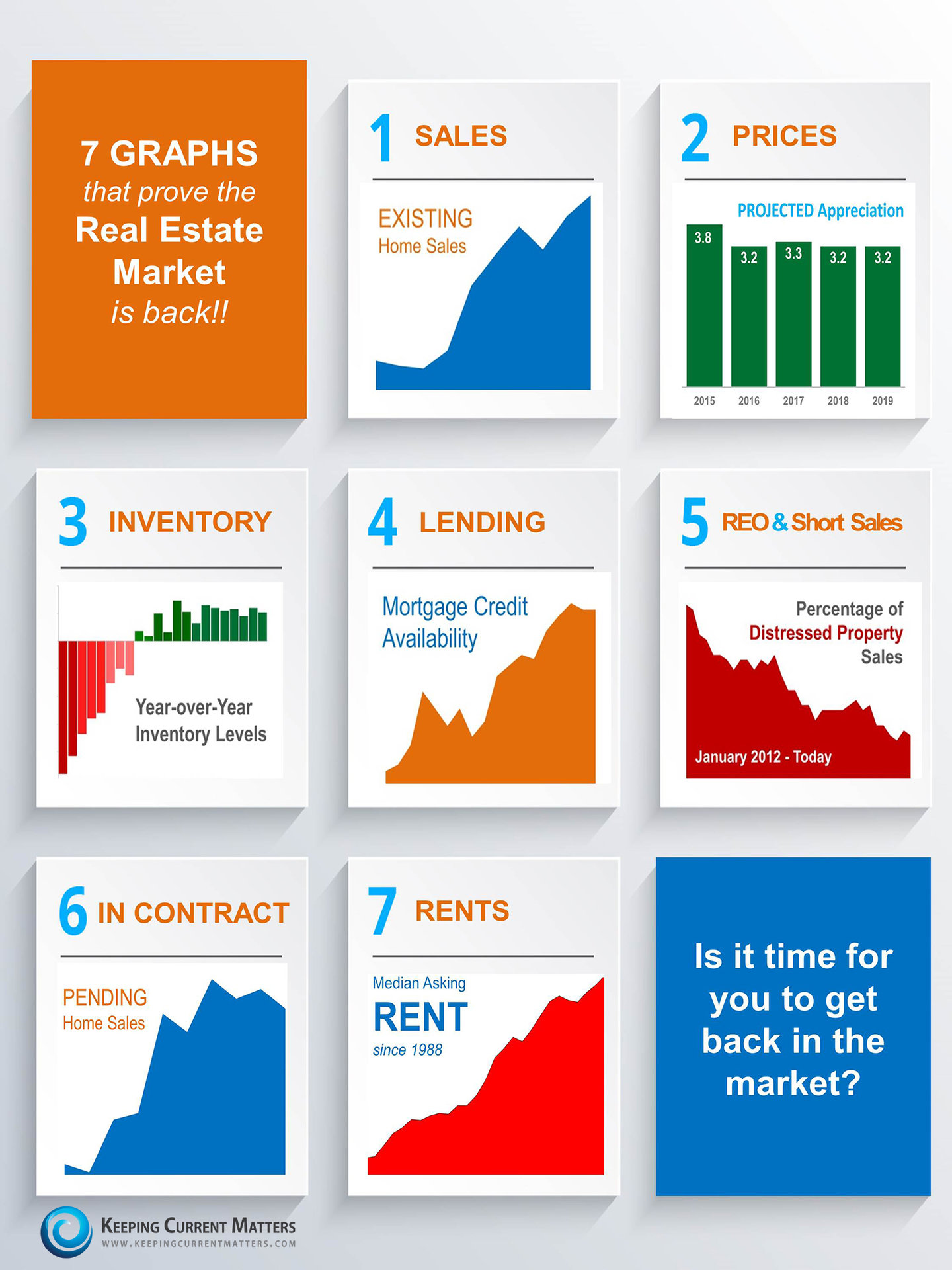Dive Into The Future Of Property Planning With Innovative Technology, Group Shifts, And Sustainability Fads
Dive Into The Future Of Property Planning With Innovative Technology, Group Shifts, And Sustainability Fads
Blog Article
Team Writer-Coble Dillard
As you expect the following 5 years in real estate preparation, brace yourself for a landscape shaped by technological advancements, changing demographics, and a growing concentrate on sustainability. Virtual reality trips and artificial intelligence are just the start. The future holds a tapestry of development waiting to change exactly how we consider residential property and neighborhood development. Stay tuned for a glance right into what lies in advance in the world of property planning.
Technological Innovations in Property
When thinking of the future fads in real estate preparation, it's necessary to take into consideration the influence of technical technologies. Innovations in technology are reinventing the property industry, altering the way residential or commercial properties are purchased, sold, and managed.
Virtual reality trips enable prospective purchasers to discover residential or commercial properties from the convenience of their homes, conserving time and making the procedure more reliable. Additionally, artificial intelligence is being made use of to evaluate market patterns and predict future property worths, aiding capitalists make notified decisions.
Smart home innovation is one more considerable development forming the property landscape. From energy-efficient appliances to safety and security systems that can be managed remotely, these features are coming to be significantly popular among buyers. Additionally, blockchain modern technology is simplifying purchases by giving secure and transparent methods for carrying out property bargains.
Welcoming linked web site will be critical for real estate organizers to remain competitive and satisfy the developing requirements of clients. By integrating these advancements into their techniques, experts can improve the general experience for customers, vendors, and financiers alike.
Changing Demographics Impacting Preparation
With demographic changes affecting real estate preparation, it's crucial for specialists in the industry to adapt to altering populace trends. As the population ages, there's an increasing need for age-friendly real estate and features. Baby boomers are scaling down, looking for walkable neighborhoods with accessibility to health care and pastime. This trend is likewise seen with millennials, who focus on benefit and sustainability, driving the need for mixed-use advancements and environment-friendly spaces.
In addition, the boosting diversity within the populace calls for more inclusive preparation approaches. Culturally https://zenwriting.net/moira0tish/a-comprehensive-exam-of-the-substantial-impact-realty-preparation-lawyers require spaces that satisfy various preferences and customs. Real estate specialists need to consider these factors when designing and marketing homes to ensure they reverberate with a wider target market.
Furthermore, the increase of remote job is reshaping housing choices. With more people functioning from home, there's a growing need for home offices, high-speed internet accessibility, and versatile home.
This change is influencing the advancement of country and rural areas as sensible choices to city living. Adapting to these changing demographics will be essential for effective realty planning in the coming years.
Lasting Advancement Practices
The evolving landscape of real estate planning is significantly focusing on lasting development techniques. As you expect the following 5 years, including lasting elements right into real estate jobs will certainly be vital. Accepting lasting https://www.inman.com/2022/04/18/agent-retention-woes-4-tips-to-help-reduce-attrition/ yet likewise improves the value and charm of properties.
Investing in energy-efficient technologies, making use of green materials, and advertising eco-friendly areas are becoming common practices in property growth. These initiatives not just reduce the carbon impact of buildings but additionally attract environmentally-conscious renters and purchasers.
Sustainable buildings are more cost-efficient over time, as they eat less energy and sources, bring about reduced operational costs.
Additionally, incorporating lasting functions can distinguish your real estate projects in a competitive market. Customers are progressively prioritizing sustainability, and buildings that line up with their values are more likely to stand out.
Conclusion
In the next five years, real estate planning will remain to develop with technical developments, altering demographics, and a focus on sustainability. Virtual reality excursions, expert system, age-friendly housing, and environment-friendly functions will certainly shape the future of the sector. Remain ahead of the contour by embracing technology, inclusivity, and lasting practices in your realty planning efforts. The future is brilliant for those who adjust to these fads and welcome the chances they bring.
